
Here's some of what is coming soon to NeurologyLive® this week.

Isabella Ciccone, Content Associate, NeurologyLive®, has been with the team since September 2022. Follow her on X @iciccone7 or email her at [email protected]

Here's some of what is coming soon to NeurologyLive® this week.
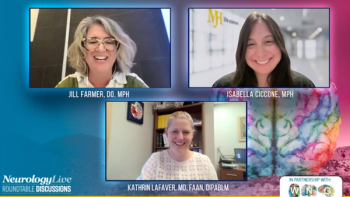
Movement disorder specialists reflected on the community’s growth over the past decade in the Women Neurologists Group and shared program highlights of the group’s upcoming conference. [WATCH TIME: 5 minutes]

Take 5 minutes to catch up on NeurologyLive®'s highlights from the week ending September 12, 2025.
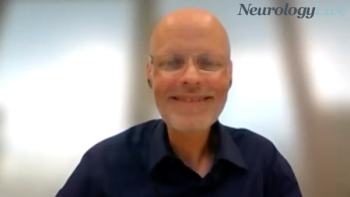
The director of the Neuroethics Program at Cleveland Clinic discussed ethics training, shared decision-making, and safeguards in guiding patients, families, and clinicians through complex clinical research decisions. [WATCH TIME: 3 minutes]

A new qualitative study of 20 patients with migraine explored and documented the prodrome phase, revealing some of their common symptoms and timing before headache onset.
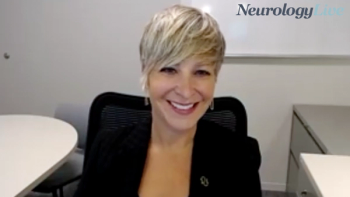
The vice president of scientific engagement at the Alzheimer's Association shared data presented at AAIC 2025 from the phase 3 U.S. POINTER study among patients at risk for dementia. [WATCH TIME: 4 minutes]
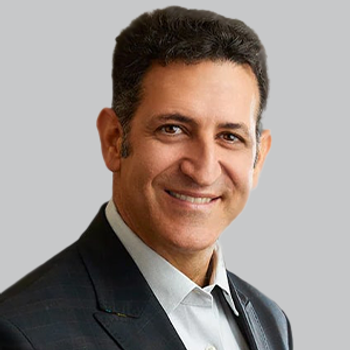
At 48 weeks, patients treated with blarcamesine showed an 84.7% reduction in decline on the primary cognitive end point compared with placebo.

Catch up on any of the neurology news headlines you may have missed in August 2025, compiled into 1 place by the NeurologyLive® team.
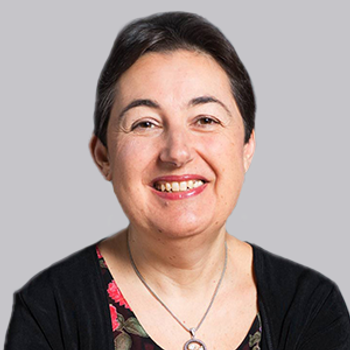
Patients treated with RAP-219 had a 77.8% reduction in clinical seizures, with 24% achieving seizure freedom over 8 weeks, potentially supporting the agent’s advancement to phase 3 trials.
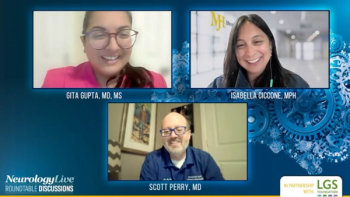
Experts noted that the Lennox-Gastaut Syndrome Foundation is a welcoming platform for collaboration, research advancement, and career development in the field. [WATCH TIME: 3 minutes]
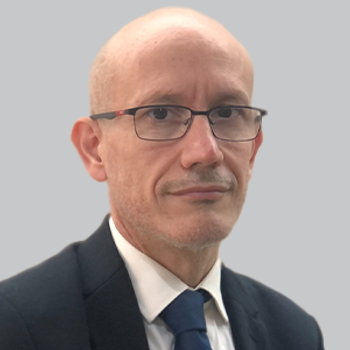
New findings presented at the 2025 International Epilepsy Conference indicated that cenobamate may provide benefits beyond seizure control in patients with uncontrolled focal-onset seizures.

Experts discussed strategies to improve LGS clinical trial design, better understand comorbidities in rare epilepsies, and foster collaboration across stakeholders. [WATCH TIME: 5 minutes]

Experts discussed gaps in LGS research, including biomarker development, sleep assessment, and early intervention strategies to improve diagnosis and outcomes for patients. [WATCH TIME: 6 minutes]

Here's some of what is coming soon to NeurologyLive® this week.

Experts underscored that stakeholder collaboration, including clinicians, caregivers, and industry partners, can play a critical role in advancing understanding and management of LGS. [WATCH TIME: 3 minutes]

Experts discussed initiatives to standardize data collection, expand registries, and empower families in advancing care for Lennox-Gastaut syndrome. [WATCH TIME: 3 minutes]

Take 5 minutes to catch up on NeurologyLive®'s highlights from the week ending September 5, 2025.

Experts highlighted the need for clearer treatment sequencing and improved transition of care for patients with LGS from childhood to adulthood. [WATCH TIME: 3 minutes]

The vice president of scientific engagement at the Alzheimer's Association discussed new data on amyloid-targeting therapies, expanded diagnostic tools, and emerging clinical guidelines for Alzheimer disease presented at AAIC 2025. [WATCH TIME: 5 minutes]

Bio-Thera Solutions announced that its pivotal trial of BAT4406F, an anti-CD20 monoclonal antibody, for neuromyelitis optica spectrum disorder will close enrollment early after achieving statistically significant efficacy.

Amaal Starling, MD, FAHS, FAAN, associate professor of neurology at Mayo Clinic College of Medicine, shared data recently presented at AHS 2025 showing that eptinezumab extended the time between migraine attacks.

New findings from a randomized trial reported no difference in relapse rates or new T2 lesions between a personalized lifestyle app and a nonpersonalized version for multiple sclerosis.
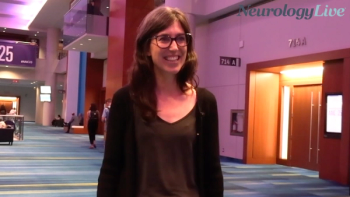
At AAIC 2025, the associate professor in the Department of Psychiatry at McGill University talked about the strengths and limitations of PET and blood biomarkers for Alzheimer disease. [WATCH TIME: 5 minutes]

The director of the Neuroethics Program at Cleveland Clinic discussed the evolving role of ethics in neurological clinical trials, highlighting skill development, safeguards, and patient-centered decision-making.
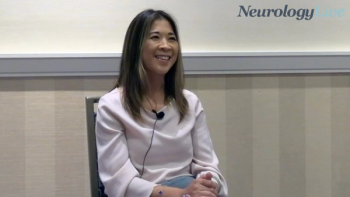
The physician assistant specializing in Parkinson disease talked about the shared decision-making process when discussing advanced therapies for movement disorder care with patients. [WATCH TIME: 3 minutes]
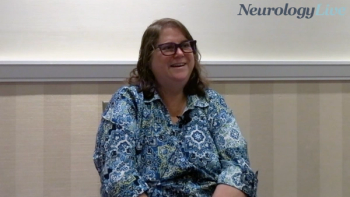
The nurse practitioner in the Center for Movement Disorders & Neurorestoration at the University of Florida discussed clinical experiences with deep brain stimulation for atypical MS tremor and PD. [WATCH TIME: 5 minutes]
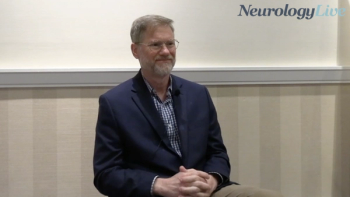
The director of the Movement Disorders Clinic at Houston Methodist Hospital outlined a stepwise approach for identifying, managing, and treating hallucinations in patients with Parkinson disease. [WATCH TIME: 3 minutes]

Here's some of what is coming soon to NeurologyLive® this week.
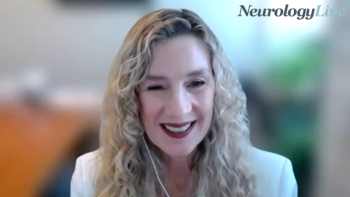
The director of the Adult Genetic Epilepsy Program at the University of Toronto talked about how to ensure a smooth transition from pediatric to adult epilepsy care for university students. [WATCH TIME: 4 minutes]

Take 5 minutes to catch up on NeurologyLive®'s highlights from the week ending August 29, 2025.